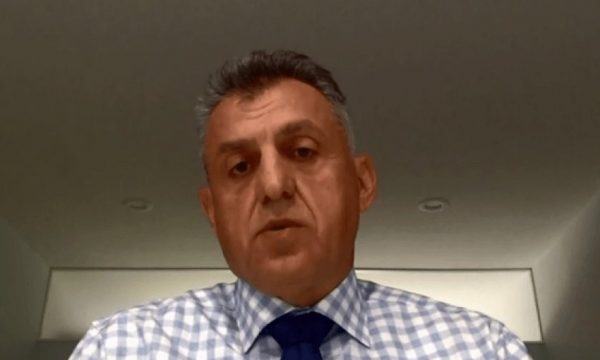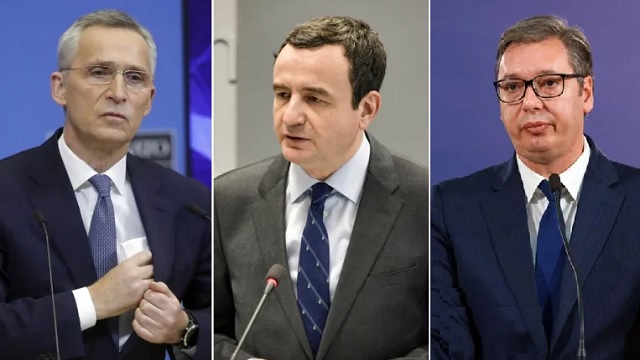
By Martin Vulaj
The world has changed. Russia’s invasion of Ukraine came as no surprise to those following global security developments. According to the well known geopolitical strategist Peter Zeihan, the invasion is the next logical step in the furtherance of securing geographically vulnerable areas once held by the Soviet Empire. In the face of plummeting demographics that will render it unable to man half of the numbers of the current Red Army in a decade or so, Putin has likely calculated that he must act now, especially in light of NATO expanding itself to Russia’s very doorstep, or forever leave Russia vulnerable to the invading armies of the future.
The fact that Ukraine’s invasion follows Russia’s actions in Georgia, Uzbekistan, Kazakhstan and Crimea is far less disturbing than the logical progression it clearly points to. Should the Russians succeed in Ukraine, the necessary next steps in securing this territorial security perimeter is the invasion of Moldova, eastern Romania, Estonia, Latvia, Lithuania and, most alarmingly, northern Poland. Recognizing this has caused the western world to come together to stop Putin in Ukraine. The alternative is an inevitable war between NATO and Russia with all of the obvious grim ramifications.
NATO has responded by, amongst other things, expanding its security blanket to the north with the inclusion of Sweden and Finland (who shares a large border with Russia) and NATO forces in Kosova have made clear their position in case of any military incursion by Russia’s proxy, Serbia. Given this context, Kosova’s inclusion in the NATO security blanket de jure, not just de facto, is of the utmost security interest to Kosova, to the Albanian nation and is in furtherance of the security interests of the United States. This can only be achieved with the successful resolution of the 11 year Kosova-Serbia Dialogue and makes its successful conclusion that much more urgent.
Europe’s role in the dialogue is necessary but not sufficient. The EU carrot no longer applies both because EU internal challenges have stopped (not stalled) EU expansion and, more importantly, many geopolitical experts like Zeihan and George Friedman agree that, there will not likely be an EU in the not too distant future. We have already seen BREXIT and the tectonic rumblings in Italy and Spain. We now see that many of the EU members’ debt to GDP ratio will likely mean the end of the Euro and, not long after that, the end of the EU. This will mean a return to a nation-state Europe where a demographically stable France vies against a demographically challenged Germany for dominance. Our way forward must rely on NATO and, especially, the United States.
The urgency of the dialogue’s successful conclusion is important for reasons that are obvious but also for reasons that may be less so. The likely, and necessary, result (especially given her plummeting demographics) of Russia’s gambit will be a much smaller and much weaker Russia to the degree where she will no longer be a global force and will be relegated to a regional one. Serbia, who has always played East against West, will have new factors to consider in her calculations and will look to strengthen relationships in Europe. As the leading economic and military force in the Balkans, Serbia will find outstretched hands by historical allies. This necessarily weakens the Albanian position in Europe generally and with those allies specifically.
Given this, the Albanians must work diligently to consolidate their position politically, economically and militarily. This cannot be done without the successful conclusion of this dialogue. For this to realistically occur, the strategic value of a conclusion where Kosova is poised to join NATO and eventually unite with Albania must take precedence to other considerations that, while important, pale in comparison.
